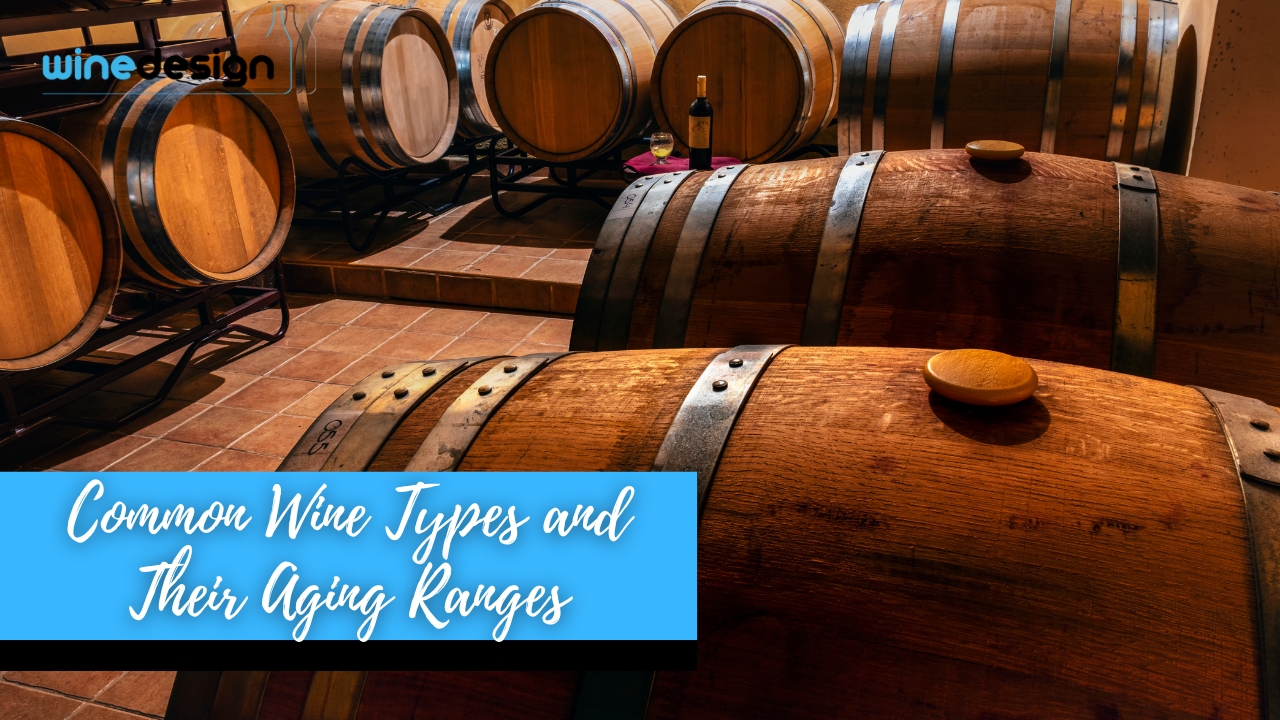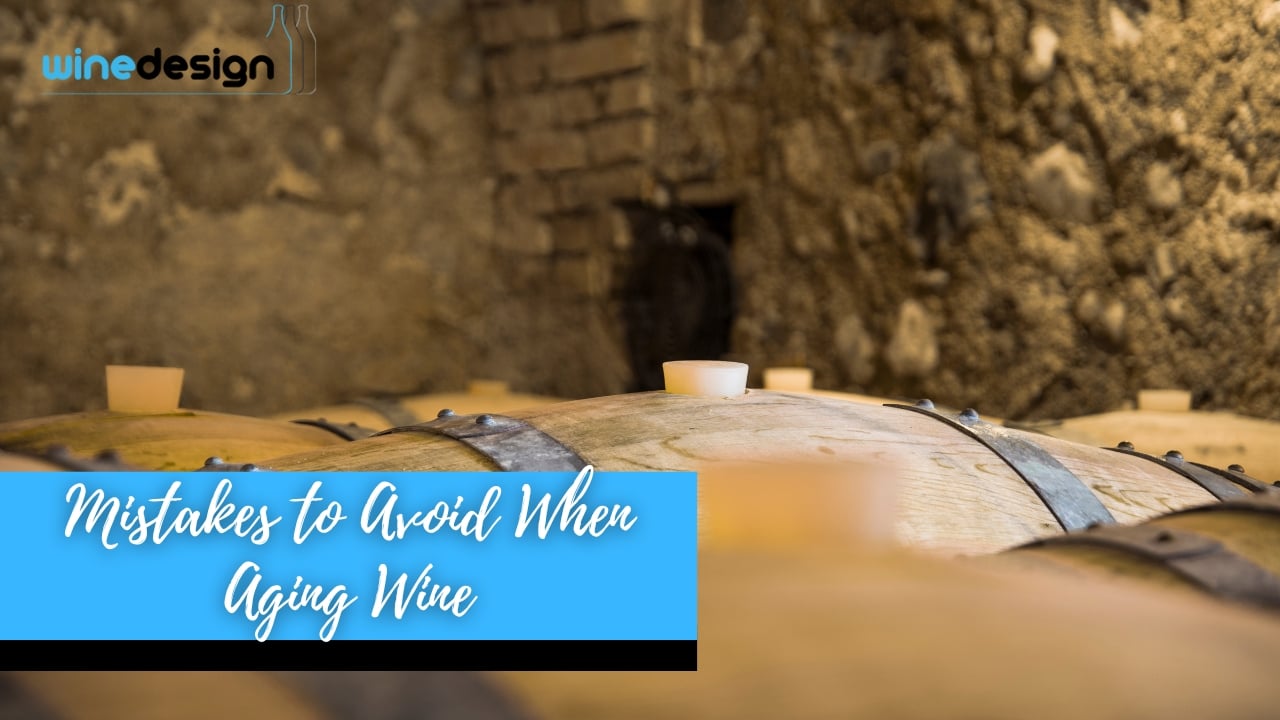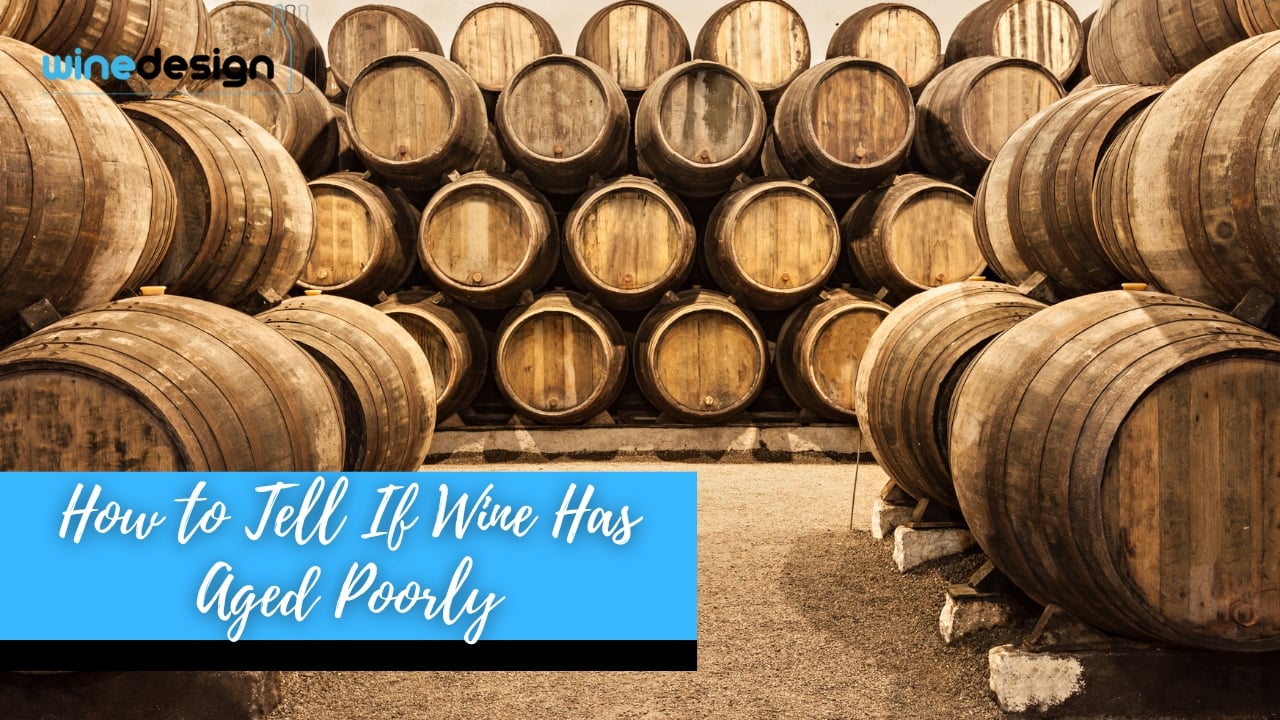Most people buy wine to drink it soon after bringing it home. But sometimes you hear that letting it sit for a few years can make it better. So you wonder—should you wait, or just open it now?
The truth is, not every wine gets better with age. In fact, most are made to be enjoyed fresh. Holding onto the wrong bottle for too long can make it lose its flavour or spoil completely. We’ve seen it happen too often—people keep a wine for years thinking it’ll be something special, only to open it and find it’s gone off.
Aging wine isn’t just about waiting. It depends on the type of wine, how it’s stored, and whether it has the right mix of fruit, acid and structure to handle time in the cellar. Without that, it won’t improve—it’ll just break down.
In this article, we’ll walk you through what makes a wine good for aging, how to store it properly, and how to tell whether it’s worth the wait or better opened now. If you’ve ever wondered whether older really means better, this will help you decide.
The Process of Aging Wines
Wine ages due to slow changes in its chemistry. Acids, tannins, sugars and alcohol all react over time. This can improve structure and complexity, but it depends on the wine and storage.
We’ve seen great bottles ruined due to simple mistakes. It’s not about leaving a bottle in the pantry for ten years and hoping for the best.
Factors That Affect Wine Aging
We always recommend checking if a wine has the right elements for aging. The key components are
- Tannin to protect and add structure
- Acidity to keep the wine fresh and stable
- Fruit concentration so the flavour evolves instead of fading
- Residual sugar for added preservation especially in sweet styles
If these traits aren’t present, aging the bottle will most likely result in flat taste and poor aroma.
How to Age Wine Properly
We’ve worked with enough collectors to know—aging wine is part science, part patience. It’s about protecting the wine from anything that can damage its balance.
What You Need to Know
- Store wine in a dark area with a stable temperature between 13 and 18°C
- Keep humidity close to 70 percent so corks stay sealed and effective
- Lay bottles flat to keep corks damp and tight
- Never store wine near chemicals, spice racks or food. Wine absorbs nearby smells
- Only age wine that’s known to improve with time. Many bottles are best fresh
- Use cellar tracking tools to mark when a wine is ready. Don’t rely on guesswork
We always say—aging wine isn’t about waiting as long as possible. It’s about knowing the right window and storing it correctly.
Traits of Wines That Age Well
We help customers all the time with cellar planning. Knowing which wines are worth aging is the first step. Most bottles on the shelf aren’t made for long-term storage.
Red Wines That Age
Red wines that age well usually share these traits
- Moderate to high acidity that supports structure
- Balanced tannin level to maintain texture as the wine softens
- Low volatile acidity to prevent spoilage
- Moderate alcohol level to avoid fast oxidation
Cabernet Sauvignon, Nebbiolo and Syrah are some of the common reds we recommend for aging
White Wines That Age
White wines don’t usually have the same structure for long aging. But some do better than others. Look for
- High acidity which gives freshness even years later
- Low to moderate alcohol to slow down spoilage
- Mild bitterness to keep the wine from feeling flat
- A touch of residual sugar to help preserve body and flavour
If you’re planning to store whites, Riesling, Chenin Blanc and quality dessert wines are your best bet

Common Wine Types and Their Aging Ranges
We often get asked how long a wine can age. While every bottle is different, these are safe estimates based on storage in ideal conditions
Red Wines
- Cabernet Sauvignon ages well for 7 to 20 years
- Merlot matures around 5 to 10 years
- Pinot Noir can hold up to 12 years
- Shiraz and Syrah are best aged between 8 to 15 years
White Wines
- Riesling can last more than 20 years if sweet and acidic
- Chardonnay with oak holds between 5 and 10 years
- Chenin Blanc lasts around 10 to 15 years
- Sauvignon Blanc is better within 2 to 4 years
These timelines assume quality production and proper storage. Ask your wine specialist if unsure.
Is Older Wine Always Better
This is one of the most common misconceptions. Aged wine is not always better—just different.
You might find notes of dried fruit, smoke or nuts. But you’ll also lose brightness, fruit flavour and freshness.
Some wines are made to be vibrant and ready now. Holding onto them too long just flattens what makes them enjoyable. We always tell our clients—if a wine was designed for early drinking, ageing it won’t improve it.

Mistakes to Avoid When Aging Wine
We’ve seen well-meaning collectors lose great bottles from avoidable errors. Here’s what we always flag
- Temperature shifts cause wine to expand and push against the cork
- Dry corks allow air to ruin the wine
- Light and vibration speed up spoilage
- Forgetting the aging window often leads to missed timing
If you’re serious about storing wine, invest in a stable setup. Even a small wine fridge does the job better than a kitchen cupboard.
How to Tell If Wine Has Aged Poorly
Not every aged bottle opens beautifully. When wine goes off, you’ll notice
- Smells like vinegar or damp cardboard
- Cloudy appearance or deep brown colour
- Flat taste with no fruit or sharp sourness
If you notice these signs, the bottle is past its best. You’re better off moving on than drinking something that doesn’t bring any enjoyment.

Final Thoughts
Aging wine takes effort, timing and the right conditions. When done right, it can turn a good wine into something complex and rewarding. But not all wines are built for it—and not all drinkers enjoy the aged style.
If you’re thinking of building a collection or setting aside a few bottles, make sure they’re suitable. Know when to open them, and don’t hesitate to enjoy wine while it’s at its peak.
If you’re looking to mark a special occasion, aged or not, you can also give a lasting impression with personalised wine crafted for gifting or events.
Want help picking wine that ages well or advice on storage setup? Chat with us and we’ll guide you based on your taste and goals.
